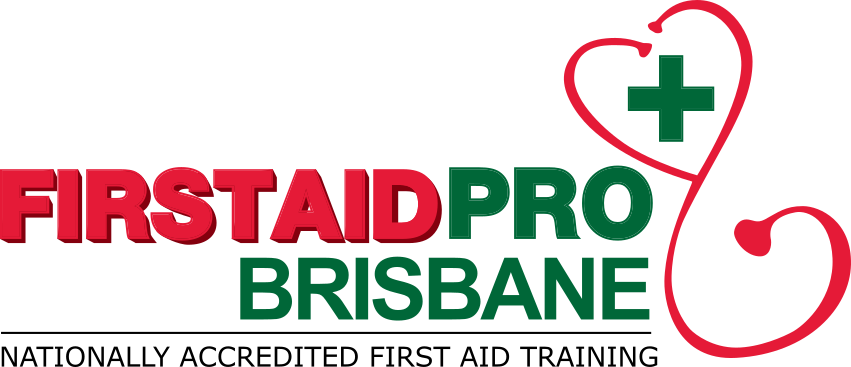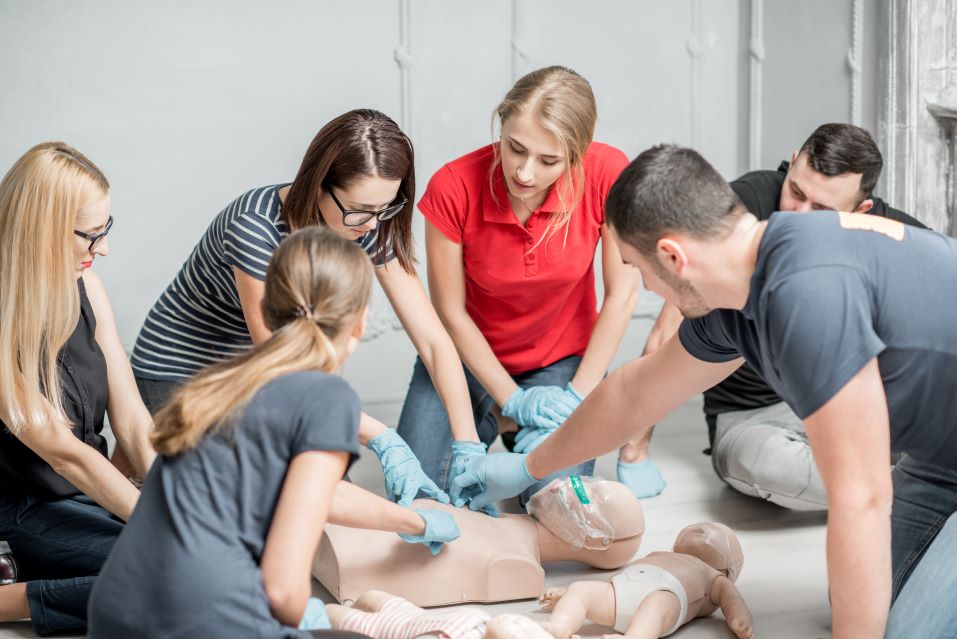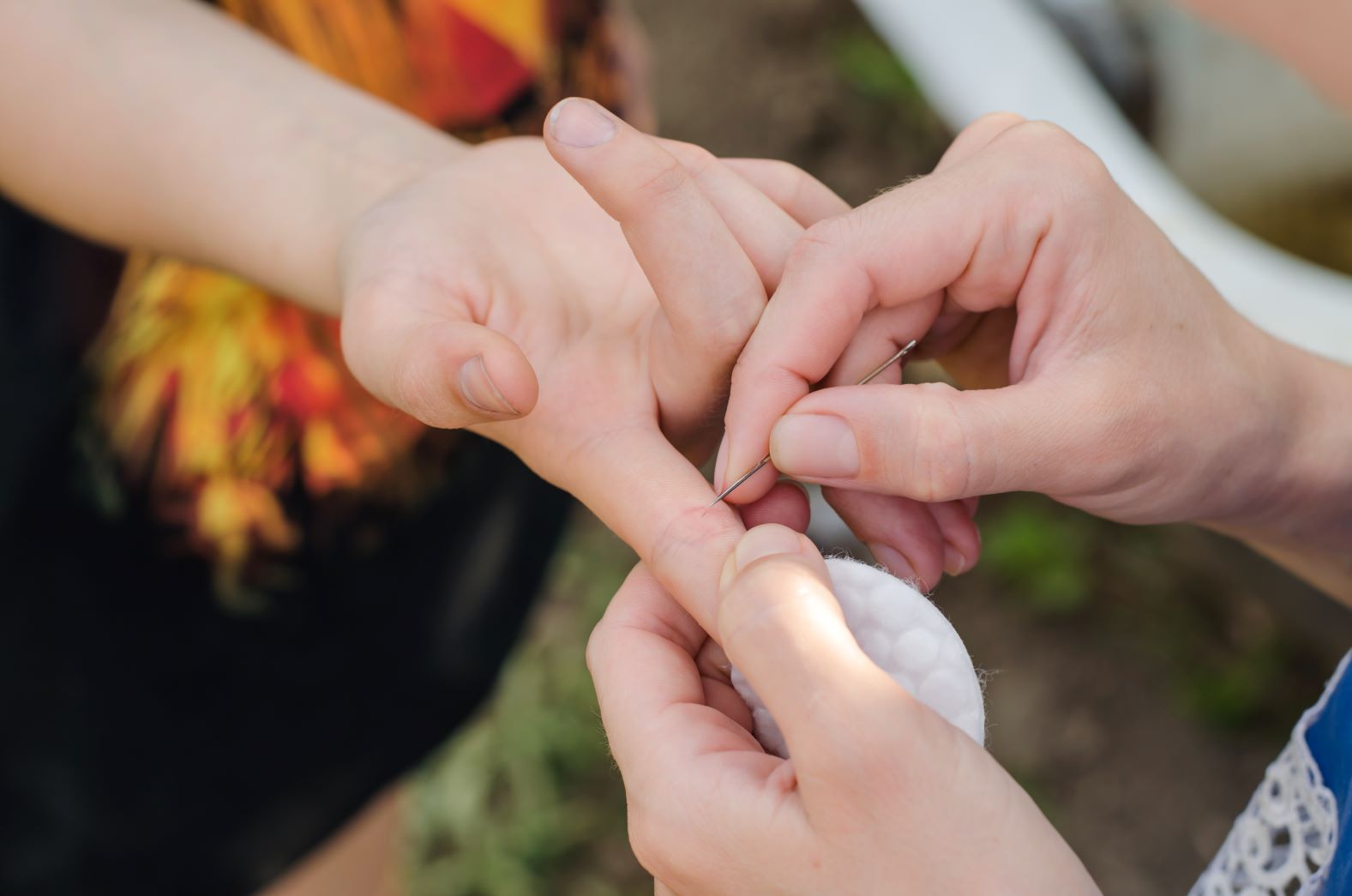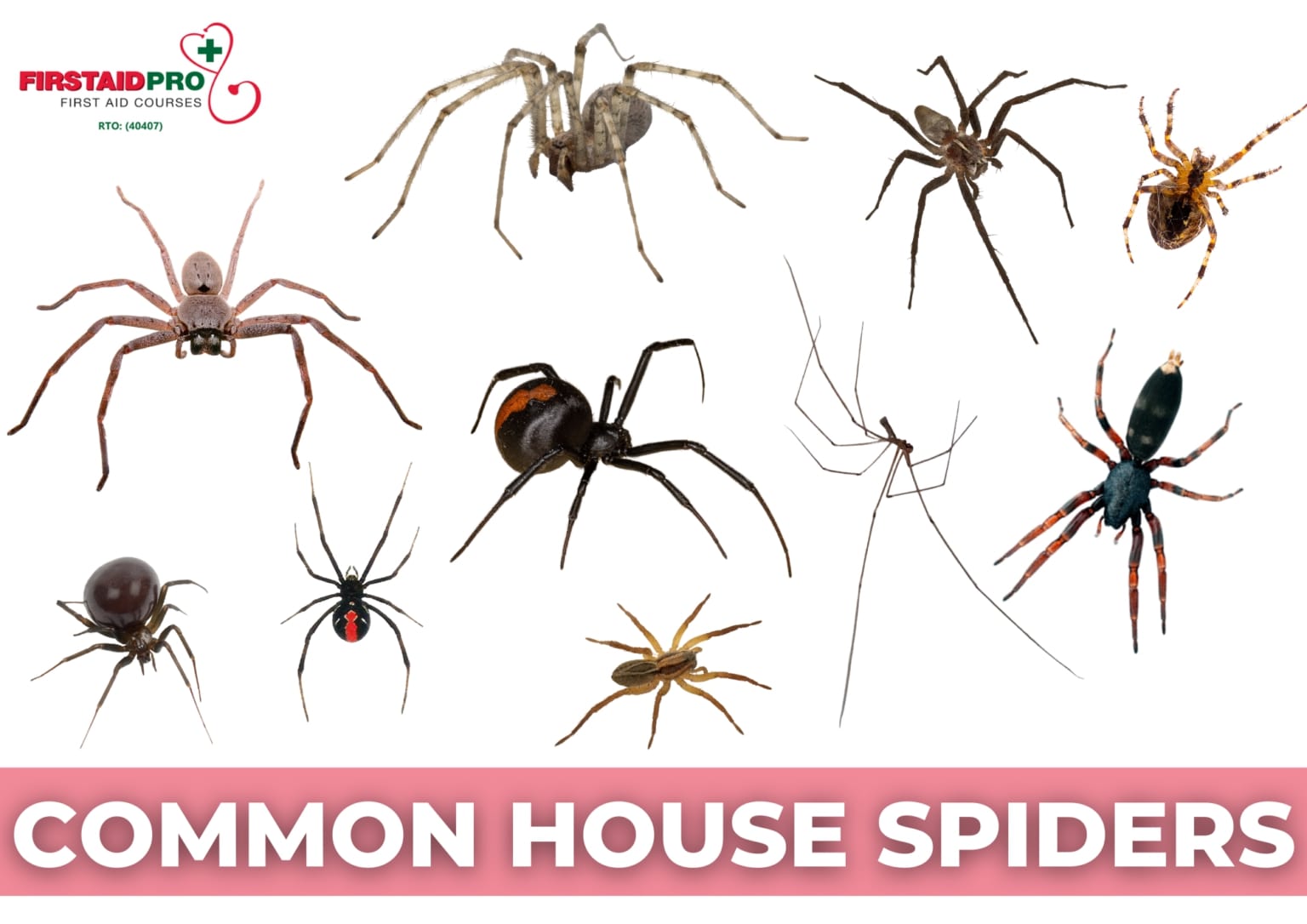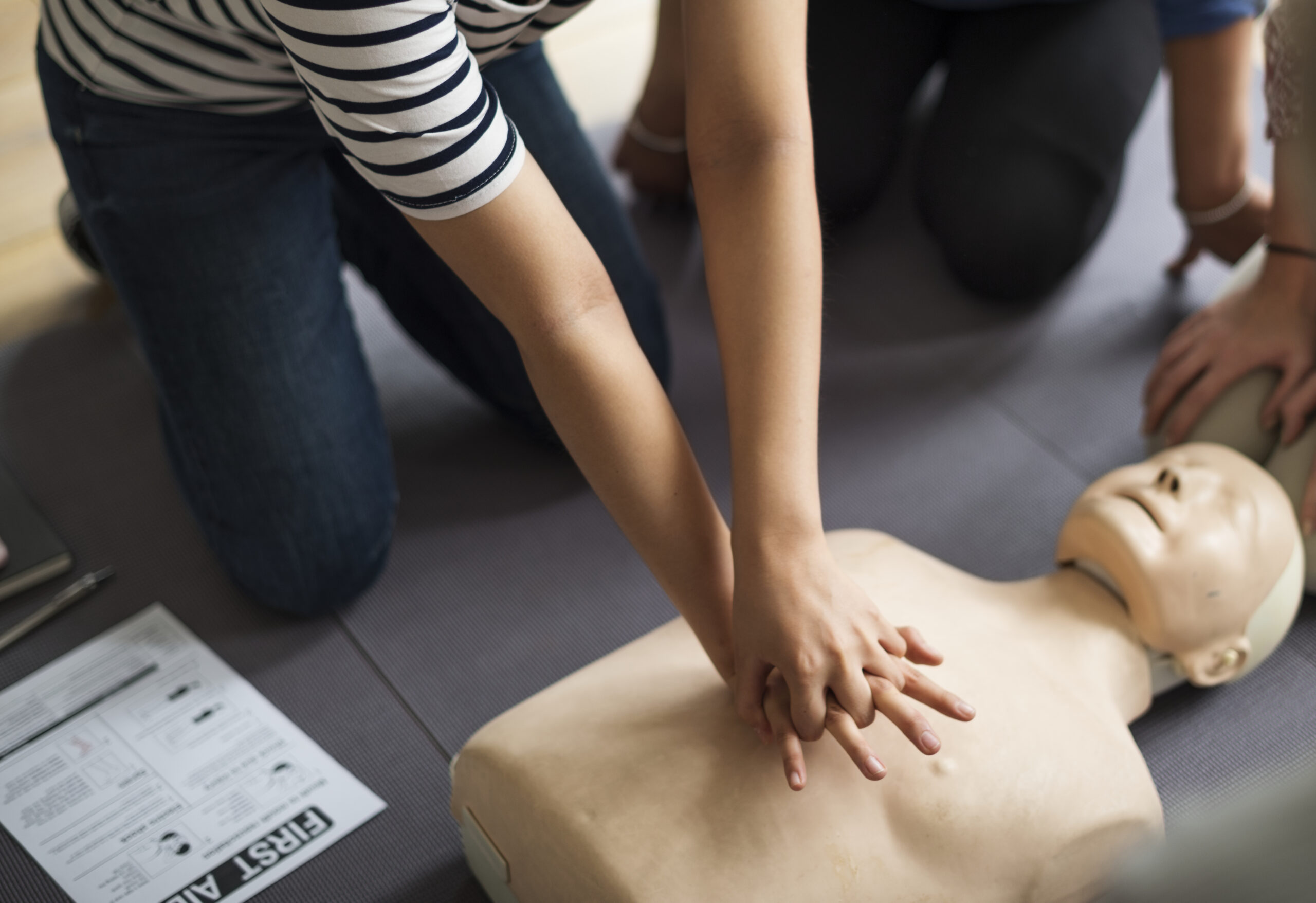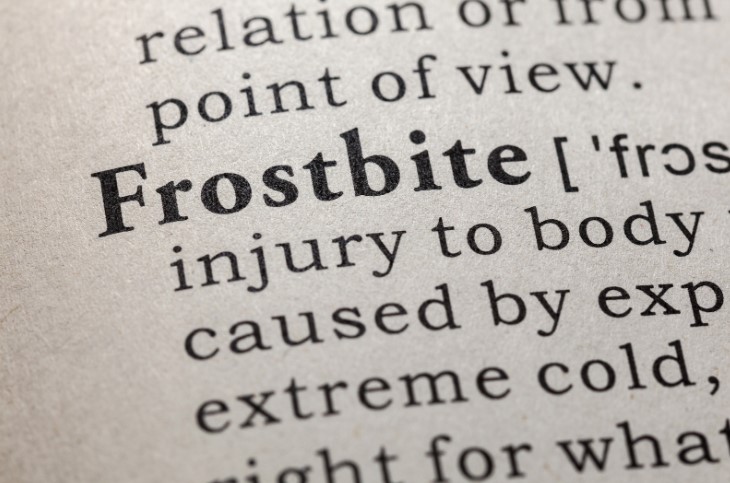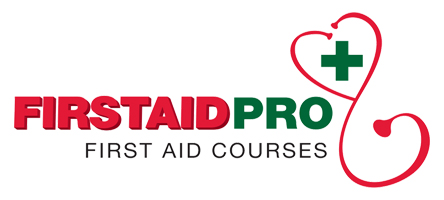The effects of pollen allergies are often underestimated, especially in the early spring. It is best to consult a doctor and work together to come up allergy management plan before symptoms are at their worst.
Many people are able to manage pollen allergy symptoms with over-the-counter medications and avoid triggers.
What Is Pollen Allergy?
The term pollen allergy refers to the body’s response to being exposed to pollen.
Pollen is a powdery, granular substance often found in flowers of trees, grasses, and weeds. It is mostly at its peak during spring. It can last for several weeks or months, and exposure is difficult to avoid.
About 4.1 million Australians, or nearly 20% of the population, have some form of allergy. The symptoms usually begin as simple sneezing, wheezing, coughing, snorting, itching and can develop into something more severe.
Millions of allergy sufferers seek prescription medication for symptom relief which costs the Australian economy more than $7 billion per year.
The number of recorded pollens in Australia is lower on the east coast, where most winds are protected by the Great Dividing Range. The highest rate is found on the Victoria south coast, where most winds from the northern grasslands carry pollen.
In South Australia and Western Australia, the amount of pollen in the air may vary according to wind direction.
Pollen in the air can trigger a variety of symptoms. Seasonal allergies – also known as allergic rhinitis or hay fever from pollen exposure – can affect one in five Australians.
Appropriate management of pollen allergy includes preventative medication and recognising the early symptoms.
Pollen Allergy Symptoms
Each immune system is different. Hence, people’s reactions to pollen can cause diverse signs and symptoms.
The common ones include:
- Runny nose (clear, thin nasal discharge)
- Stuffy nose (blockage or nasal congestion)
- Sneezing / Wheezing
- Itchy nose, eyes, ears, and mouth
- Red and watery eyes
- Swelling around the eyes
People with pre-existing asthma may find pollen allergy worsens their symptoms such as wheezing, coughing, and breathing difficulty.
Exposure to pollen can release water-soluble proteins on the body’s respiratory lining. These are usually harmless, but there are instances where the body mistakenly recognises them as “triggers” or harmful substances.
Treatment For Pollen Allergy
The first and most crucial step in allergy management is preventing the allergen or the substance causing the reaction. There is also a range of medications that help reduce pollen allergy symptoms.
Here are some treatments for pollen allergies.
- Over The Counter (OTC) Medications – A person can take antihistamine (Zyrtec, Claritin) weeks before the pollen season begins to prevent severe effects.
- Immunotherapy Table – helps in desensitising or numbing the body from pollen.
- Nasal Sprays – help relieve the itching sensation and congestion from allergies. These include decongestants which are an effective short-term solution for swelling.
- Nasal Corticosteroid Sprays – help reduce inflammations or blockage in the nasal passages.
- Allergy Shots – If medication does not work, consider getting allergy shots. Pay a visit to a doctor or allergist every few weeks to inject a tiny amount of pollen under the skin. After a few months, the body will get used to the substance and not produce any severe symptoms.
Many of these treatments only help manage the symptoms but cannot cure the allergy permanently. Immunotherapy may help with long term management but usually take years to complete.
Prevention
Here are a few tips to reduce pollen exposure:
- Check the weather before heading out. Stay indoors as much as possible when pollen counts are at their peak, usually when it is cool, rainy, and wet.
- Keep the pollen out. Avoid opening the windows at home or in the car. Instead, run the air with a HEPA filter to remove allergens from the air.
- Take additional precautions by wearing sunglasses outdoors to lessen the amount of pollen getting into the eyes. If possible, wear hats with a wide brim to keep pollen off the hair.
- Take medications early before a reaction to pollen begins. Most allergy medications work best this way to prevent the release of histamine and other chemicals in the body.
Conclusion
Pollen allergy symptoms may vary depending on the weather. Pollen floating in the air from a source miles away can still cause a reaction, which can make finding relief quite challenging.
However, learning about its potential triggers (causes), providing treatment, and practising avoidance methods is a good start.
Learn more about pollen allergy symptoms and treatment in a first aid course.
